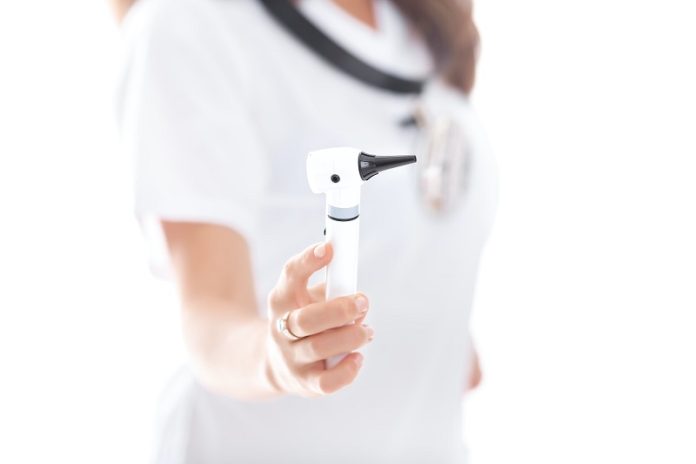
It’s a common reality: as we age, our hearing often gets worse. For many, hearing aids eventually become a necessary tool to navigate daily life.
This is because, over time or due to exposure to loud noises, the delicate sensory cells and synapses in our inner ear—crucial for allowing us to hear—begin to degenerate and die.
Up until now, understanding exactly why this happens and finding ways to prevent it has been a challenging scientific puzzle.
However, researchers at the University of Basel have embarked on a journey to uncover the mysteries behind age-related hearing loss.
The Inner Ear and the mTORC2 Pathway
Led by Dr. Maurizio Cortada and collaborating with Professor Michael N. Hall’s team, these researchers have been trying to understand the nitty-gritty of how the sensory cells inside our ears, known as “hair cells,” work and what they need to function effectively.
These hair cells are tiny structures in our inner ears that play a vital role in translating sound waves into nerve signals, which our brain then interprets as sound. Their function is crucial to our ability to hear.
During their investigations, the researchers zeroed in on a specific signaling pathway, termed the mTORC2-signaling pathway, as a potentially crucial player in managing the health and function of these hair cells.
While this pathway is already recognized for its importance in cell growth and maintaining the cytoskeleton (a cell’s internal framework), its role in relation to our inner ear’s hair cells was unexplored territory.
Through experiments with mice, the team discovered that disabling a core gene in the mTORC2 signaling pathway within the ear’s hair cells resulted in gradual hearing loss in the animals, who became entirely deaf by twelve weeks of age.
A closer look revealed that without the mTORC2 pathway, the sensory hair cells lost their “tiny hairs”—vital for turning sound into nerve signals—and had a reduced number of synapses, which are crucial for transmitting signals to the auditory nerve.
Linking Aging, Protein Production, and Hearing Loss
Drawing connections between age and hearing capability, Cortada points to existing research indicating that the production of crucial proteins within the mTORC2 signaling pathway tends to decrease as we age.
This reduction may be linked to the observed loss of synapses and diminished functionality in the inner ear’s auditory sensory cells, leading to the hearing loss many experience as they grow older.
While further verification is needed, this discovery poses an exciting prospect. If the mTORC2 pathway’s role is confirmed, it could serve as a starting point for developing new therapies targeting age-related hearing loss.
Given that the middle and inner ear can be directly accessed for treatments, options like locally-administered medications or gene therapies could potentially be developed, opening up new possibilities in treating and possibly preventing age-related hearing loss in the future.
If you care about hearing loss, please read studies about antibiotic drug that can lead to hearing loss, and whether you should get an hearing aid or see a specialist.
If you care about dementia, please read studies about how the Mediterranean diet could protect your brain health, and these antioxidants could help reduce dementia risk.
The research findings can be found in iScience.
Follow us on Twitter for more articles about this topic.
Copyright © 2023 Knowridge Science Report. All rights reserved.



